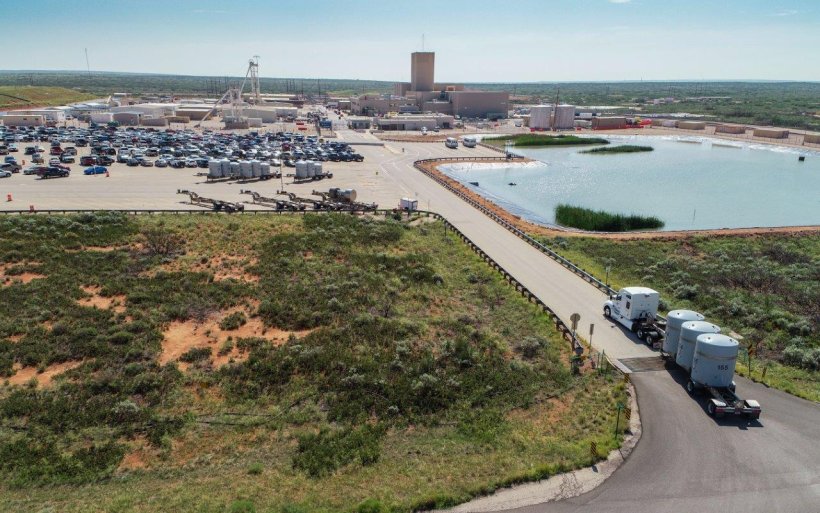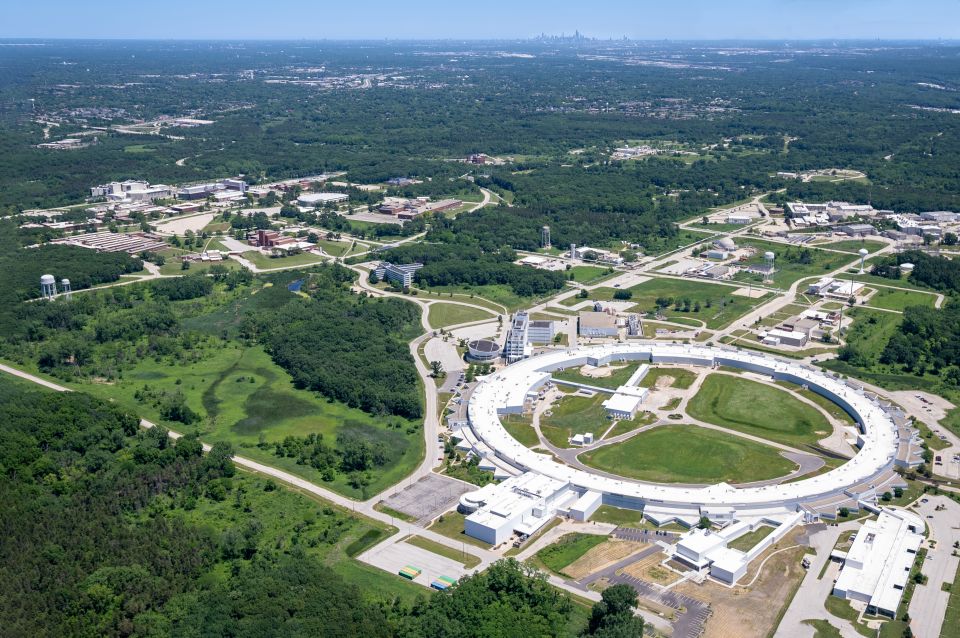Rensselaer Polytechnic Institute (Photo: RPI)
Rensselaer Polytechnic Institute will use $1.5 million in grants from the Department of Energy to lead projects aimed at upgrading nuclear power plant efficiency and safety, the university announced earlier this month. The grants are part of more than $61 million in awards recently announced by the DOE to support nuclear energy research.
Thermal energy: The money will be split across multiple RPI projects. One project will examine using a portion of the steam generated in a typical light water reactor to provide thermal energy, saving money and increasing efficiency. “We aim to develop a new way to connect a nuclear power plant and a chemical plant, like a hydrogen plant,” said Shanbin Shi, an assistant professor of mechanical, aerospace, and nuclear engineering at RPI, who is leading the project.
Shi and his team will assess the current mechanisms at work in both a boiling water reactor and a hydrogen chemical plant. They will then design an energy extraction system and control algorithms capable of integrating the two plants, monitoring their functions, and controlling their processes. In order to test these control algorithms, researchers will also simulate different operating modes to determine if their integration design is safe and to ensure it won’t have an impact on nuclear power plant operations. The RPI team will collaborate with researchers from Ohio State University, the University of Pittsburgh, Idaho National Laboratory, and GSE Performance Solutions Inc.
Training students: The results of this research, Shi said, will also benefit future nuclear engineers. “We are training our students on how to operate advanced energy systems by combining commercial LWRs and chemical plants.”
Find out more: Read about two other RPI projects supported by the DOE—a collaboration with Argonne National Laboratory to augment their System Analysis Module (SAM) code for nuclear safety and a project with the University of Pittsburgh on mechanical and thermal energy transfer in accident tolerant fuel rods—in the full article on RPI’s site.










